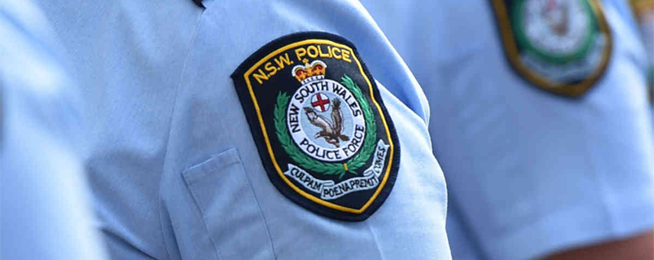All drink drivers in NSW will soon be able to have their licences immediately cancelled if they are caught, regardless of a good or bad driving record.
From Monday 20 May, drink drivers who are first-time, lower range offenders will receive an immediate three month licence suspension and fine of $561.
“This means anyone caught drink‐driving in NSW, at any level, including low-range, can now lose their licence immediately,” said NSW Minister for Transport and Roads Andrew Constance.
“This reform makes it clear if you break the law, you will pay the price. We are taking a zero-tolerance approach to drink and drug driving.”
While the crackdown shows government has a zero-tolerance stance on drink driving, there are some who think the change to rules for low-range offenders may be less of a deterrence to re-offending than current rules.
President of the NSW Law Society Elizabeth Espinosa told the Sydney Morning Herald that they do not support the change.
"There is a genuine deterrent factor for first-time low-range offenders in going to court. The experience, and shame, of having to appear before a magistrate, undertake a traffic offender program, and be warned of the consequences of further offending may well have a significantly greater deterrent effect on future offending than a penalty notice, fine and suspension."
The new approach for low-range offenders follows another rule change in late 2018 that saw any mid-range drink driving offenders having their vehicles fitted with alcohol interlocks.
Drink driving is considered to be low-range when someone is driving with a blood alcohol concentrate (BAC) between 0.05 to 0.79. A BAC between 0.80 and 0.149 is considered to be mid-range.
Drug drivers also in the gun
Similar penalties will now also be given to drug drivers in NSW, however testing processes means penalties can be handed out as quickly as those for drink-drivers.
"Offenders who drive with the presence of illicit drugs for the first time will receive a $561 fine and a three month licence suspension if the offence is confirmed by laboratory analysis," said a NSW government media release.
In the same week that the NSW government announces the new penalties, information from Victoria showed that ice was the most common drug detected in impaired drivers who died on Victorian roads in 2018, overtaking alcohol for the first time.
The Victorian Institute of Forensic Medicine told the Herald Sun that almost 20 per cent of motorists were under the influence of methamphetamine when involved in a fatal crash, more than alcohol which was detected in 14.3 per cent of cases.
Impaired driving has long been a concern of Bicycle Network, which includes fatigue as well as drink and drug driving.
In the early 2000s we campaigned for fatigued driving to be recognised as being as dangerous as drink driving. When fatigue is a factor in a serious crash it can now lead to culpable driving charges.
As well as supportive legislation for bike riders and a crackdown on repeat offenders, we support and encourage the development of automated technology that can override driver error and stop a crash from happening.
Read more
- See Transport for NSW's media release announcing changes to drink and drug driving enforcement
- See Transport for NSW's full overview of drink driving penalties
- Read the Sydney Morning Herald's report on the changes
- Read the Herald Sun'd report on the involvement of drink and drugs in crashes
- See Bicycle Network's driver licence reform campaign page
Become our friend
Find out more about Bicycle Network and support us in making it easier for people to ride bikes.


